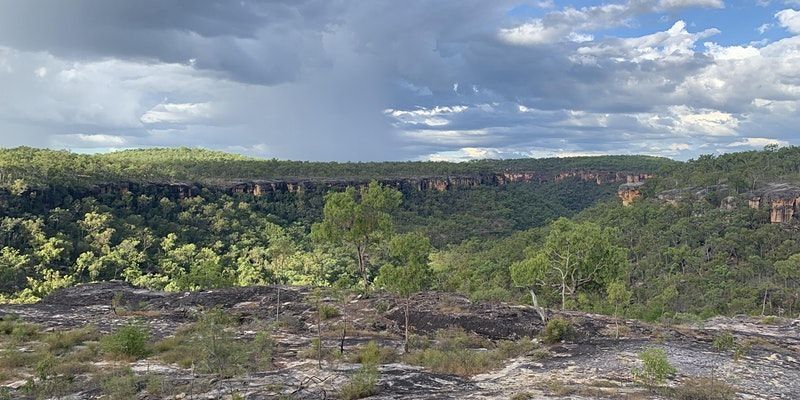Join the ANU School of History for the WK Hancock Chair Inaugural lecture given by Ann McGrath, WK Hancock Distinguished Professor in the School of History at the Australian National University.
This event is open to members of the public, will commence at 6pm and will be followed by refreshments.
Registration via Eventbrite is essential for those attending in person.
For those attending via zoom, please register for the ‘zoom attendance’ option.
Date and time
Wed 04 Aug 2021, 6–7.30pm
Location
RSSS Auditorium, Level 1, 146 Ellery Crescent Acton, ACT 2601
Abstract
‘Many nations adventured for the discovery of Australia, but the British peoples have alone possessed her.’ So goes the opening sentence of WK Hancock’s Australia, published in 1930 – a statement now jarring on many levels. Although Hancock self-consciously avoids the discovery narrative of James Cook, he cannot escape him. And still today, the chronologies of discovery and occupation frame national histories. Aboriginal people have their own arrival stories, ones potentially going back 65,000 years. Yet earlier Indigenous pasts still seem to be walled off from ‘History’, with the study of the deep human past left to other disciplines.
How might historians as a profession approach things differently? Can a rejigged history of Australia ever bring deep history and colonial and national history together? And should the two be fused at all? Our Laureate Program is considering a range of non-text-based evidence, including Indigenous oral and visual narratives of the deep past. This year, we aim to investigate how rock art sites could potentially serve as an archive. Can these paintings be classed as historical ‘evidence’ at all? And if so, how might they be interpreted?
In June 2021, along with team members, I visited the Quinkan Country of Cape York on a research trip led by Kuku-Yulanji man Johnny Murison, one of the area’s traditional custodians. I was also revisiting my earlier conceptual world as a young scholar. While still undertaking my Doctorate in 1980, I travelled to Laura and Jowal Bina with novelist Xavier Herbert, Lardil artist and legend teller Dick Roughsey or Goobalathaldin, and pilot and explorer/adventurer Percy Tresize. My objects of study, or so I thought, would be Xavier and Percy, who to me personified the iconic white male character known as the Australian ‘bush legend’. Roughsey did not join the competitive machismo, but the other two adventurers embraced a more acquisitive self-narrative as ‘discoverers’ of past Aboriginal worlds.
Guided by Indigenous knowledge holders, Indigenous creation and origin narratives hold the potential to destabilize the walls of monumental discovery narratives. The historical actions of marking Country on rock – part of multi-media, embodied Indigenous Story-telling practices – are finding new meanings and mediums today. Ones that challenge the temporalities, chronologies and ideas of historicity upon which historians and archaeologists have based their disciplines.
Bio
Ann McGrath AM is the WK Hancock Distinguished Professor in the School of History at the Australian National University, where she is Director of the new Research Centre for Deep History. She holds the 2017-2022 ARC Kathleen Fitzpatrick Laureate Fellowship. She is a Fellow of the Academy of Social Sciences and the Academy of Humanities. Her publications include Born in the Cattle: Aborigines in Cattle Country (1987) which won the inaugural WK Hancock Prize of the Australian Historical Association, and more recently Illicit Love: Interracial Sex and Marriage in the United States and Australia (2015) which was awarded the NSW Premier’s History Prize. With Mary-Anne Jebb, she co-edited Long History, Deep Time (2015). With Ann Curthoys, she wrote How to Write History That People Want to Read (2009; 2011). She has also produced and directed the films Frontier Conversation and Message from Mungo (Ronin Films), has worked in museums and contributed to national enquiries.


